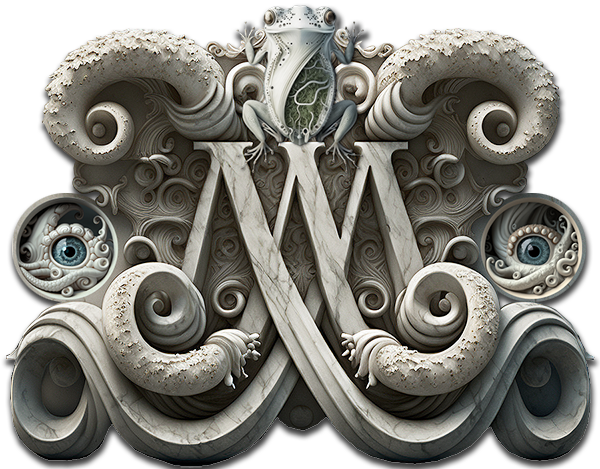
“Henry B. Matthews,” he read, “book-keeper with Whysot Whysot & Company, dealers in church ornaments. Called April 3rd. Reputation damaged on the racetrack. Known as a welcher. Reputation to be repaired by August 1st. Retainer, Five Dollars.” He turned the page and ran his fingerless knuckles down the closely written columns.
“P. Greene Dusenberry, Minister of the Gospel, Fairbeach, New Jersey. Reputation damaged in the Bowery. To be repaired as soon as possible. Retainer, $100.”
He coughed and added, “Called, April 6th.”
“Then you are not in need of money, Mr. Wilde,” I inquired.
“Listen” he coughed again.
“Mrs. C. Hamilton Chester, of Chester Park, New York City, called April 7th. Reputation damaged at Dieppe, France. To be repaired by October 1st. Retainer, $500.”
“Note C. Hamilton Chester, Captain U.S.S. Avalanche, ordered home from South Sea Squadron October 1st.”
“Well,” I said, “the profession of a Repairer of Reputations is lucrative.”
His colorless eyes sought mine. “I only wanted to demonstrate that I was correct. You said it was impossible to succeed as a Repairer of Reputations; that even if I did succeed in certain cases, it would cost me more than I would gain by it. To-day I have five hundred men in my employ, who are poorly paid, but who pursue the work with an enthusiasm which possibly may be born of fear. These men enter every shade and grade of society; some even are pillars of the most exclusive social temples; other are the prop and pride of the financial world; still others hold undisputed sway among the ‘Fancy and the Talent.’ I choose them at my leisure from those who reply to my advertisements. It is easy enough they are all cowards. I could treble the number in twenty days if I wished. So, you see, those who have in their keeping the reputations of their fellow citizens, I have in my pay.”
“They may turn on you,” I suggested.
He rubbed his thumb over his cropped ears and adjusted the wax substitutes. “I think not,” he murmured, thoughtfully, “I seldom have to apply the whip, and then only once. Besides, they like their wages.”
“How do you apply the whip?” I demanded.
His face for a moment was awful to look upon. His eyes dwindled to a pair of green sparks.
“I invite them to come and have a little chat with me,” he said, in a soft voice.
A knock at the door interrupted him, and his face resumed its amiable expression.
“Who is it?” he inquired.
“Mr. Steylette,” was the answer.
“Come to-morrow,” replied Mr. Wilde.
“Impossible,” began the other; but was silenced by sort of bark from Mr. Wilde.
“Come to-morrow,” he repeated.
We heard somebody move away from the door and turn the corner by the stair-way.
“Who is that?” I asked.
“Arnold Steylette, owner and editor-in-chief of the great New York daily.”
He drummed on the ledger with his fingerless hand, adding, “I pay him very badly, but he thinks it is a good bargain.”
“Arnold Steylette!” I repeated, amazed.
“Yes,” said Mr. Wilde, with a self-satisfied cough.

